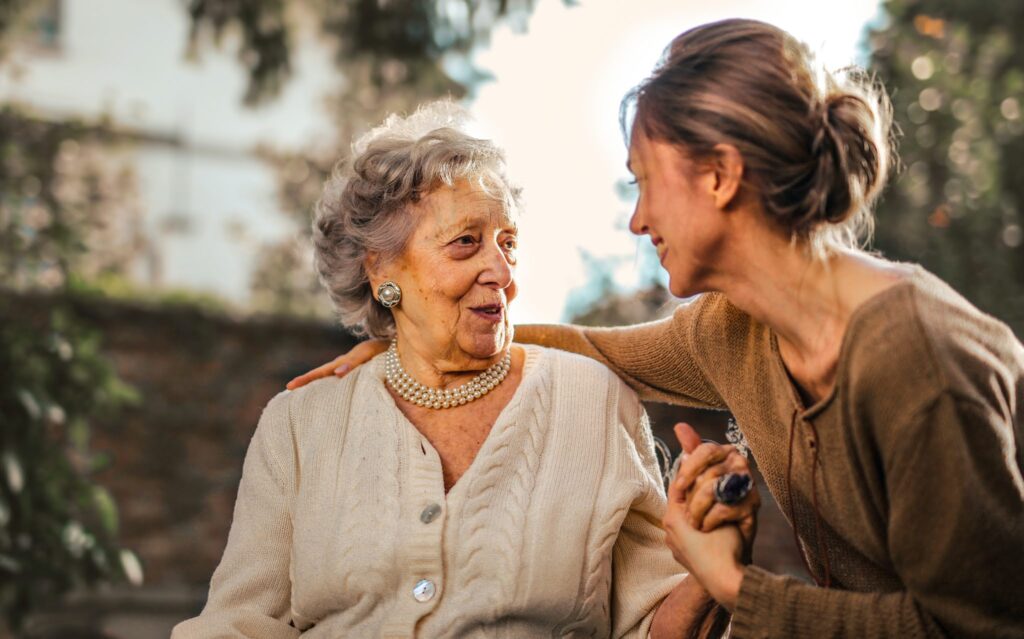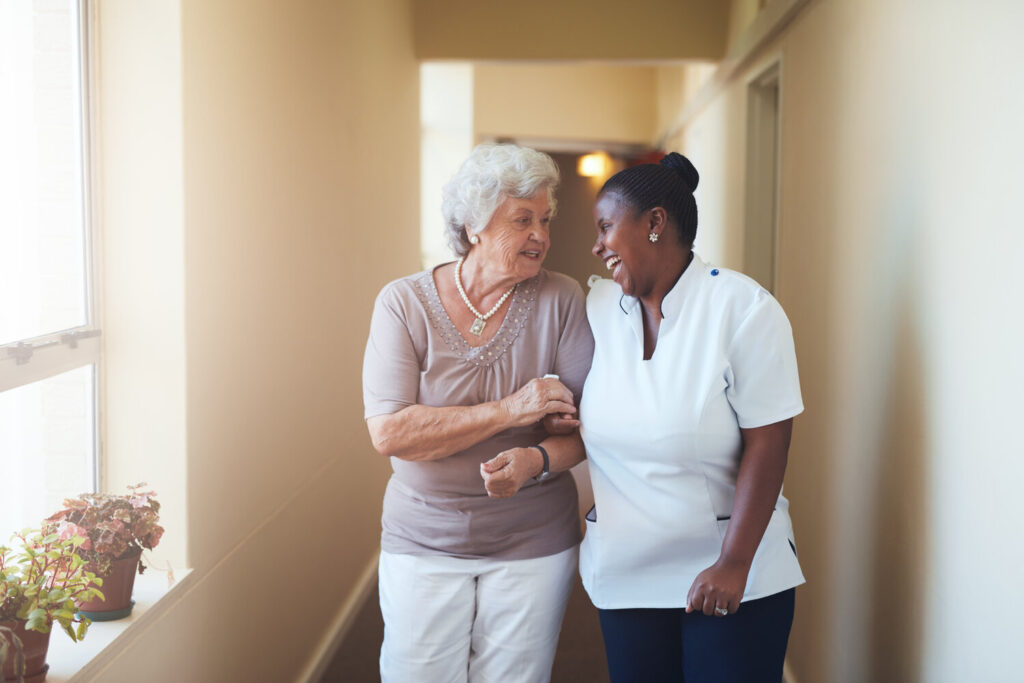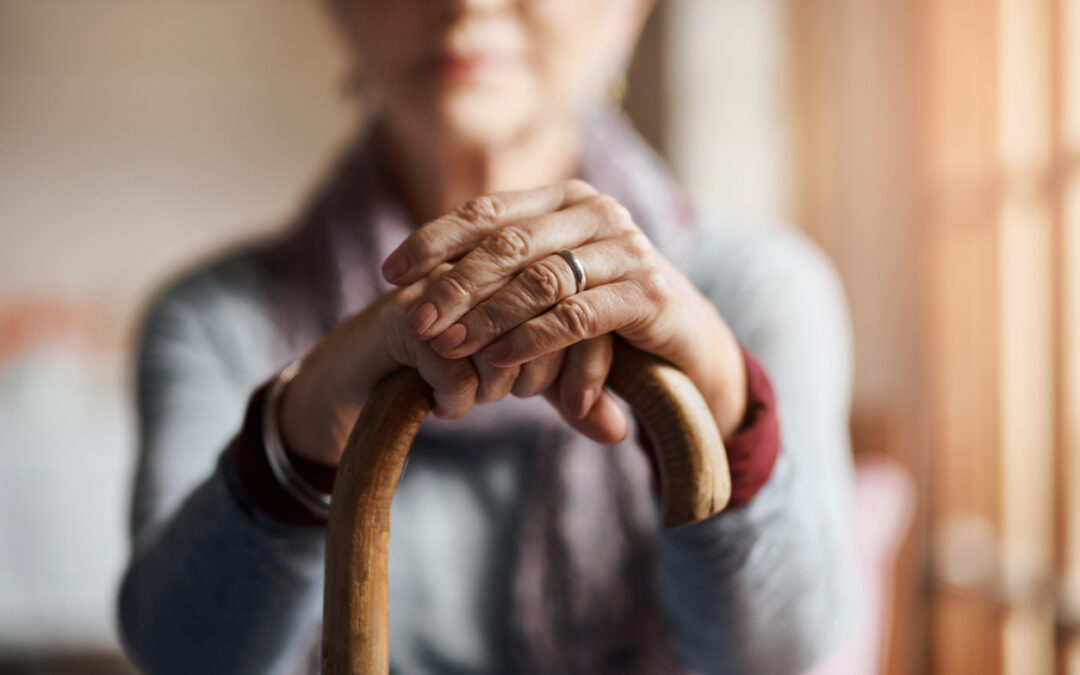Credit: Parade
After decades of working long hours and raising children, the age of retirement truly deserves its titles as “the golden years.” Finally, many seniors can financially afford to take time for themselves and their closest loved ones—whether that be through travel or relaxing at home. People can provide their families the support they need while living in comfort themselves.
It is an unfortunate truth, however, that one’s retirement years can be tinged with a bit of uncertainty. Ageism is an issue rampant across cultures. Despite the fact that the average life expectancy in the United States was nearly 80 pre-Covid-19, many elders find themselves isolated due to the “old and frail” stereotype.

Credit: Seniority.in
It becomes a self-fulfilling prophecy. One of the best ways to facilitate a healthy body and mind is to engage it, yet the amount of programs designed to keep seniors mobile and independent are limited.
As this problem persists, a new one arises: care. Understandably so, most seniors don’t want to give up their lifestyle. They have been independent adults for decades now and see no reason to not continue being independent, despite the fact that one third of people over 65 need some assistance in daily living. But as health problems become more prominent in the body, mind, or both, elders have to lean on others for help.
“Caring and paying for that care for our parents, grandparents, and loved ones is fast becoming one of the central issues in the lives of middle-aged Americans and their families,” age care specialist, Leo Snetsinger of Big Lake, Minnesota, says.

Credit: A Senior Citizen Guide for College
When the time comes for family to step up and take care of their elderly loved one, it is never easy. If one decides to take the task on their own, it is a full commitment—one that must be juggled with a career and potentially children. With that in mind, hiring an at-home aid or sending the elderly loved one to an assisted living home seems like the right answer.
The problem with that is the cost. If one has a lower-income, it is possible they can receive government aid to care for their elderly loved one. If one is lucky enough to be wealthy, the cost of elder care is hardly a worry. The middle class, however, struggle. They make too much to qualify for certain types of government aid, but make too little to pay for this care out of pocket.

Credit: City of Eden Prairie
AARP provides seniors some helpful tools to age the way they want with the resources they need, but chances are that these benefits aren’t enough to sustain oneself. Medicare seems like it could be a solution, but the truth of the matter is that it isn’t. Medicare will cover any hospital stays, doctors visits, or medication. It will not cover the cost a long-term care, which is essential for so many elders. What people in this situation need is Medicaid.
“The middle-class people struggle paying for this added monthly cost—$3,000 to $10,000 a month—for dressing, bathing, helping,” elder law attorney Mark Shalloway says. “Since these people need an aid and not a doctor, it isn’t covered, and we have to look into how Medicaid can benefit these people.”

Credit: Senior Citizens INC
Just like they say raising a child takes a village, protecting an elder takes just as much assistance. Navigating the application and qualification process of Medicaid shouldn’t be done alone. Elder care lawyers make that process easier. They can ensure that their client does everything right to get them all the benefits they qualify for.
Elder care is a difficult task to navigate. When the time comes to consider it, working with a professional who can get one’s elderly parent all the benefits they need makes it far more manageable. This way, elders can live out their golden years more comfortably while their family lives more confidently, knowing their loved one is in good hands.

